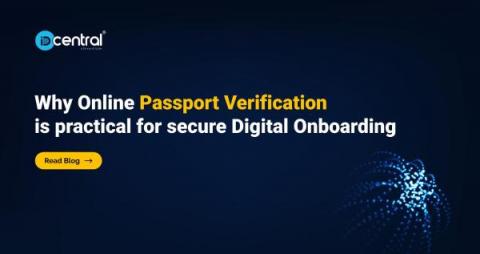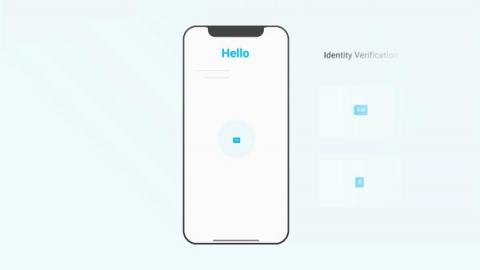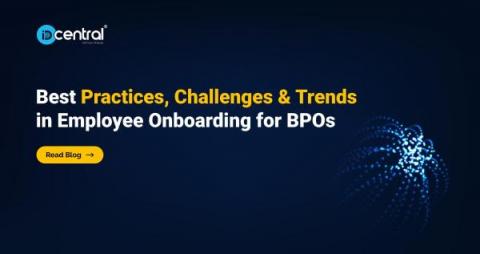Caller Identification: India's new in-house solution to curb fraud calls
The Telecom Regulatory Authority of India (TRAI), the government’s telecom authority, would implement a caller identification system similar to other caller ID applications on the app store within the next three weeks. The new system will employ KYC verification to guarantee that callers’ identities are real and aren’t forged with synthetic identities.











